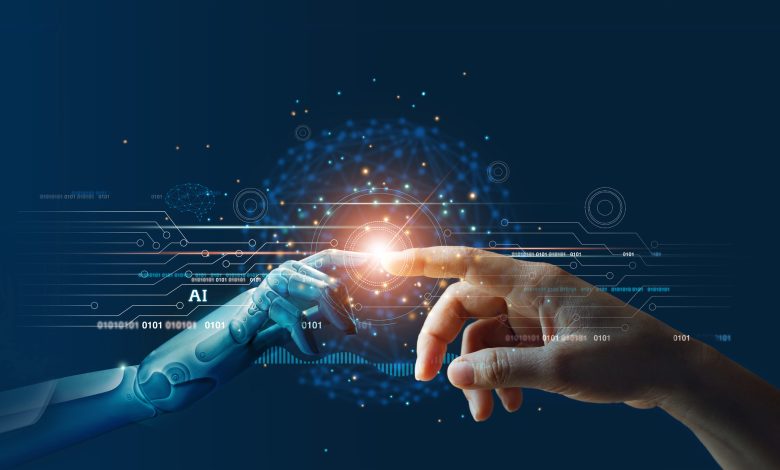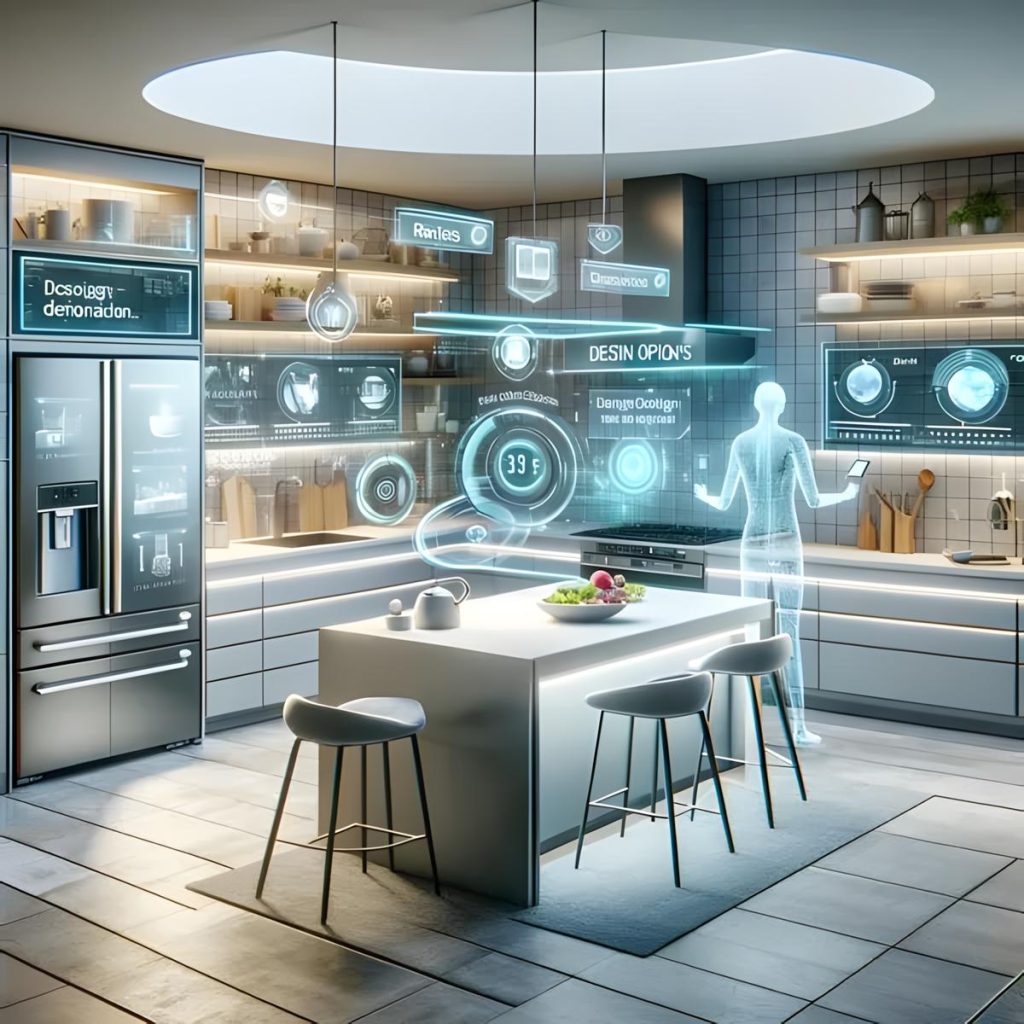
The kitchen has always been the heart of the home, a place for gathering, meals, and memories. But in 2025, this legendary space is undergoing one of its most groundbreaking evolutions yet. Thanks to the expedited evolution of artificial intelligence (AI), kitchen renovation and design are morphing from purely aesthetic pursuits into deeply personalized, data-driven experiences that alter the way we live, cook, and connect.
From Functional to Intelligent: Kitchens’ New Role
Kitchen remodeling used to be driven by style preferences and manual planning. Designers relied on experience, trends, and client feedback to determine layout, storage, lighting, and materials.
AI-powered solutions are now changing that, enabling homeowners and contractors to create kitchens that are not just beautiful and functional, but genuinely intelligent.
AI software can now analyze how a family uses its kitchen, from how often they cook and their storage needs to traffic flow wishes, and generate optimized designs based on those habits. This degree of data-driven design means homeowners can maximize their space while minimizing inefficiencies that might not be immediately obvious.
Predictive Design: Personalization at Scale
One of the most innovative aspects AI brings to kitchen remodeling is predictive design. Instead of relying on style boards or standard templates only, AI programs can generate design concepts based on user data, lifestyle patterns, and even future needs. For example:
- Layout Optimization: AI can analyze thousands of design options to recommend the most ergonomic layout for a specific kitchen footprint.
- Material Selection: Machine learning-based predictive models can estimate how well different materials will perform under given usage profiles and environmental conditions over their lifespan, allowing homeowners to make smarter long-term investments.
- Energy Efficiency: Smart design platforms can suggest floor plans and appliance layouts that reduce energy consumption, in accordance with sustainability goals.
This level of personalization was once reserved for luxury design projects. Now, with AI-powered design software going mainstream, it’s accessible to homeowners of all budgets.
Smart Appliances and Seamless Integration
Another major trend is the rise of the smart kitchen. Appliances aren’t standalone devices anymore; they’re part of an integrated system working to provide convenience and efficiency.
From AI-enabled ovens that adjust cooking times automatically to voice-controlled assistants that manage grocery lists, technology is effortlessly finding its way into the home’s epicenter.
Remodeling jobs increasingly are about integrating these intelligent systems from the very beginning. That means designing kitchens where tech doesn’t just fit — it functions as a seamless, intuitive extension of the homeowner’s way of life. And as the systems learn and evolve over time, the kitchen becomes increasingly responsive, even predicting needs and simplifying everyday routines.
Data-Driven Project Planning and Execution
AI is not just transforming the design process; it’s transforming the remodeling process itself. Contractors and remodelers are using AI-powered project management software to more effectively estimate costs, anticipate potential delays, and schedule with optimum efficiency.
By learning from past projects and real-time feedback, these programs can reduce waste, improve budgeting, and streamline communication among teams and clients.
For homeowners, that means a more predictable and transparent remodeling experience. Projects finish earlier, budgets are more precise, and unexpected issues are minimized — making the process from concept to completion simpler than ever before.
Human Expertise Meets AI Innovation
While AI brings unparalleled precision and personalization to kitchen remodels, human creativity and craftsmanship can’t be replaced. The best results manifest when technology and expertise unite, when data informs design decisions, but human creativity breathes life into them.
It is this collaboration that makes a majority of homeowners choose to work with professional remodeling experts who understand how to weave technology into their projects. For example, working with a team that understands kitchen remodeling in Sacramento allows homeowners to combine the latest AI-driven planning with the finest craftsmanship and a deep understanding of how design impacts life on a daily basis.
The Future Kitchen: Adaptive, Sustainable, and Personal
Looking ahead, AI’s role in kitchen remodeling will only deepen. As algorithms become more sophisticated and devices more interconnected, kitchens will evolve from static spaces into adaptive environments, spaces that learn, respond, and grow with the people who use them.
We already have initial examples of kitchens that track food freshness, monitor dietary intake, and even propose recipes according to what is in the fridge. Predictive maintenance systems may foresee appliance problems before they arise, and AI-driven sustainability dashboards may nudge users toward more eco-friendly decisions in the future.
The outcome will be kitchens that aren’t merely functional or aesthetically pleasing, but living environments built around our needs, values, and desires.



